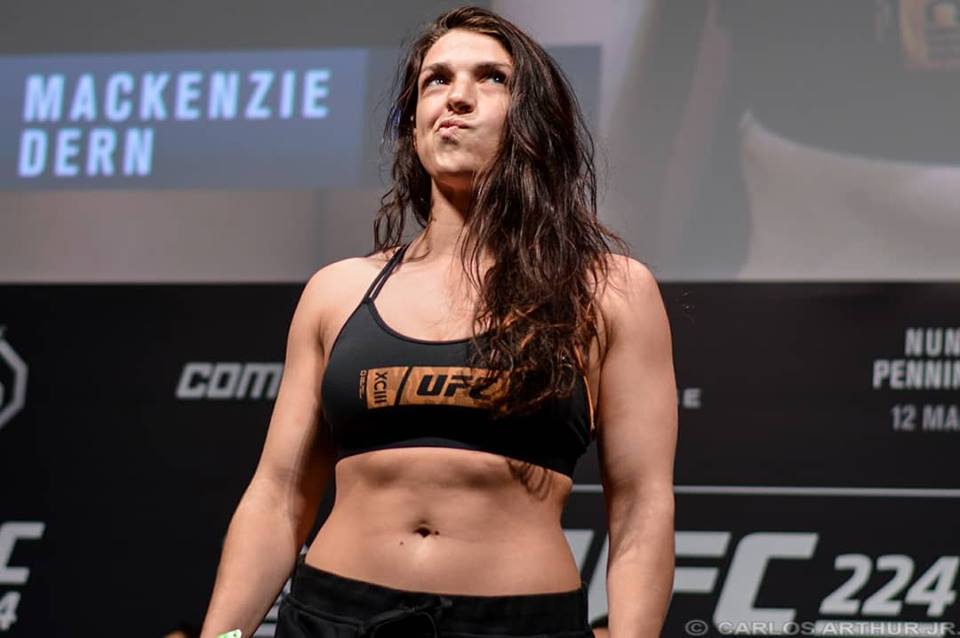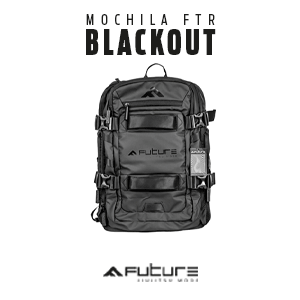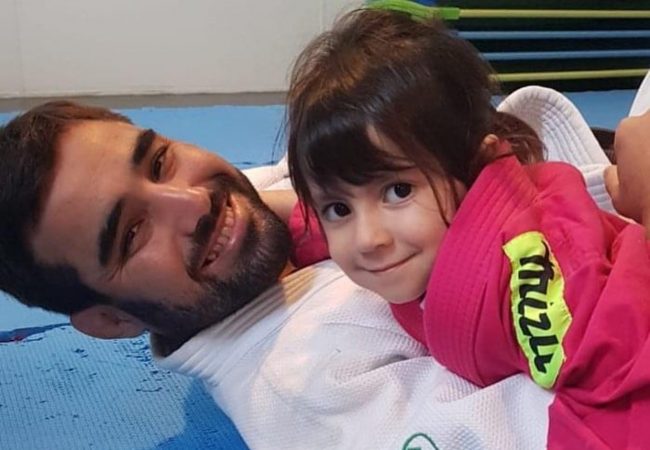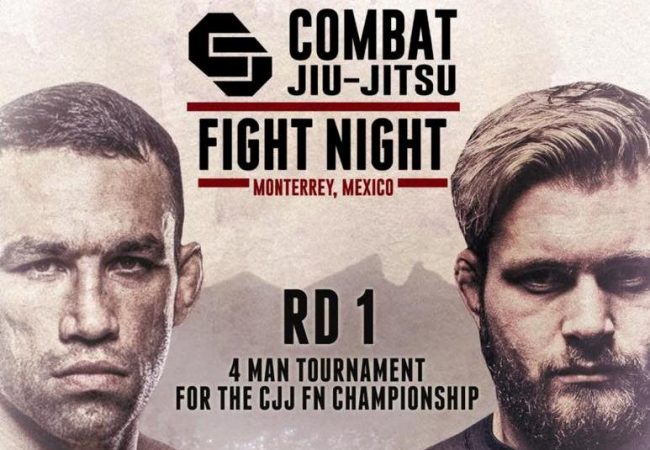
Dern apologized to fans on the scale at UFC Rio. Carlos Arthur Jr.
Mackenzie Dern’s second UFC fight was a roller coaster of emotions. As well as fighting in Rio, a city that has always welcomed her like home, Mackenzie had to overcome her failure to make the weight and the criticism that ensued.
The win over Amanda Cooper did come, through a rear naked choke, but the fact that she weighed in at 55.8kg (a bit over three kilos more than the upper limit of her division) messed with her head.
Read the following interview, translated from Portuguese, to find out her thoughts on the whole experience.
[First published in Graciemag #256 in June.]
GRACIEMAG: What did you learn from this loss to the scale at UFC 224?
Mackenzie Dern: I think I learned that old lesson: You can’t be overconfident. That’s what got in my way regarding the scale leading up to UFC 224 in Rio; many unexpected things happened at the camp, but I always remained convinced that I was going to suffer but was going to hit the weight… And in the end, it didn’t work out. There was also the trip to Brazil — I flew for 14 hours, and that hindered the process of dehydration. But these were lessons; I’m sure it will never happen again. I learned that I must count on more professional help — a nutritionist. It’s a flaw of mine — I’m a little stubborn, and I was too sure that I knew all about my body, and I ended up paying the price.

Did you find all the online bullying unfair afterwards?
I don’t see it exactly as bullying. We are professional fighters and adults. But indeed, many other fighters have had problems with the scale and didn’t see this much repercussion. Maybe that’s natural, a fruit of fame and popularity. What’s important is not to let this undermine your confidence. I used all this exposure and hubbub to get in there and show that I’m stronger and more technical as an MMA athlete, on my feet and on the ground. “Okay, there’s people saying bad thing about me; that’s not cool. But at the same time, now everybody’s paying more attention to me. I’m gonna get in there and show what I’ve got and what I am.” Deep down, it was good for me. A defeat there in front of the Rio de Janeiro crowd would have meant dropping like five rungs in my career.
What’s your advice for emptying one’s mind before a fight?
Oh, I always got used, in BJJ, to seeking the win under pressure. With so many tough opponents that I faced, I think my whole life’s been like this. I went into UFC Rio without thinking what would happen in the case of a loss, or about the possibility of getting knocked out. I was just happy to be there on the main card of UFC 224. In the moment I’m walking to the Octagon, I just feel pleasure to be there. The day I’m tense or concerned is the day I stop fighting. These days, MMA is what makes me happy.
You left the MMA Lab by request of Coach John Crouch, who thought you weren’t training for enough time, and then you did your preparation last-minute at Black House and Checkmat. Did the shake-up make you fear a loss in Rio?
I never fight afraid of losing. Defeat, to me, is a horrible feeling that I try to never feel, and that’s why I train so much. At this UFC event, I had problems with my camp, but not to the point of fearing defeat — if I did fear it, I wouldn’t even go in to fight; I wouldn’t have accepted to fight Amanda. I was as confident as always, and I went in prepared to finish. I know we can never be 100% certain we’re gonna win, but your spirit has to go in calm, confident in the good result. And that’s how I was, from the moment they called me offering the fight right up until the instant the referee authorized us to fight.
You mentioned the camp for the fight, which was led by Leo Vieira of Checkmat. What did you learn from it?
Besides techniques and adjustments on the ground, the main thing about this camp was the mental aspect. It was very challenging work, mentally, for me. And Leozinho managed to work on my mind without me even noticing, with several different types of training. He would always demand a lot from me, and later I realized he was testing me mentally. It was hard, because one day prior to the bout, I was reading fans on social media accusing me of “cheating on weight,” of being dishonest. You try not to care, but it’s the last thing you want to deal with hours before entering the Octagon. And when Leo noticed I was bothered by that, right then he took my phone and made me go back into “fight mode,” he went over the tactics and made me focus again. I went in to fight smiling, because I thought of the support, of those who root for me — not the rest. The rest is what throws a wrench into the athlete’s mind.
Did your training load change much compared to your days as a BJJ competitor?
Yes, I believe I added more hours of training. But in BJJ, there were already lots of physical preparation and sweating. One of the things I had to change were the Muay Thai training sessions — a session of just kicks and punches to get my striking sharp. I also started doing an extra session of cardio, even to keep my weight below what I kept it at in BJJ. And the stamina to fight in there for 15, 25 minutes is a little different. There’s no way to rest during battle — only on the stool during breaks. But the training is harder and especially painful, because I’m getting punched in the face and kicked on the head and I have to be ready for the next session despite the pain. But I hope to continue to evolve and learn, and thus the training injuries will end up being kept to a minimum.
It’s rare for an athlete with just one bout in the UFC to get as much applause as you got in Rio. Could that RNC before a Brazilian crowd be a turning point in your professional career?
I expected to have the support of the crowd, because it’s always been that way in my life as a BJJ fighter. I think that since the colored belts, people have been enjoying my fights — they wanted to see how Megaton Dias’s daughter would fare in tournaments, and that continued throughout the black belt. People in Brazil know I have affection for the country — it’s all mutual. But with all the problems I had at the weigh-in and during my training camp, I was unsure whether I would receive the same affection. And yes, I was a bit surprised by the noise of the crowd, which really helped me go for it. I think nowadays my support as a UFC fighter comes from Brazil, from the fans and commentators, even more than what I see in the U.S., where I was born. It was special indeed, and it may have really been a turning point.




